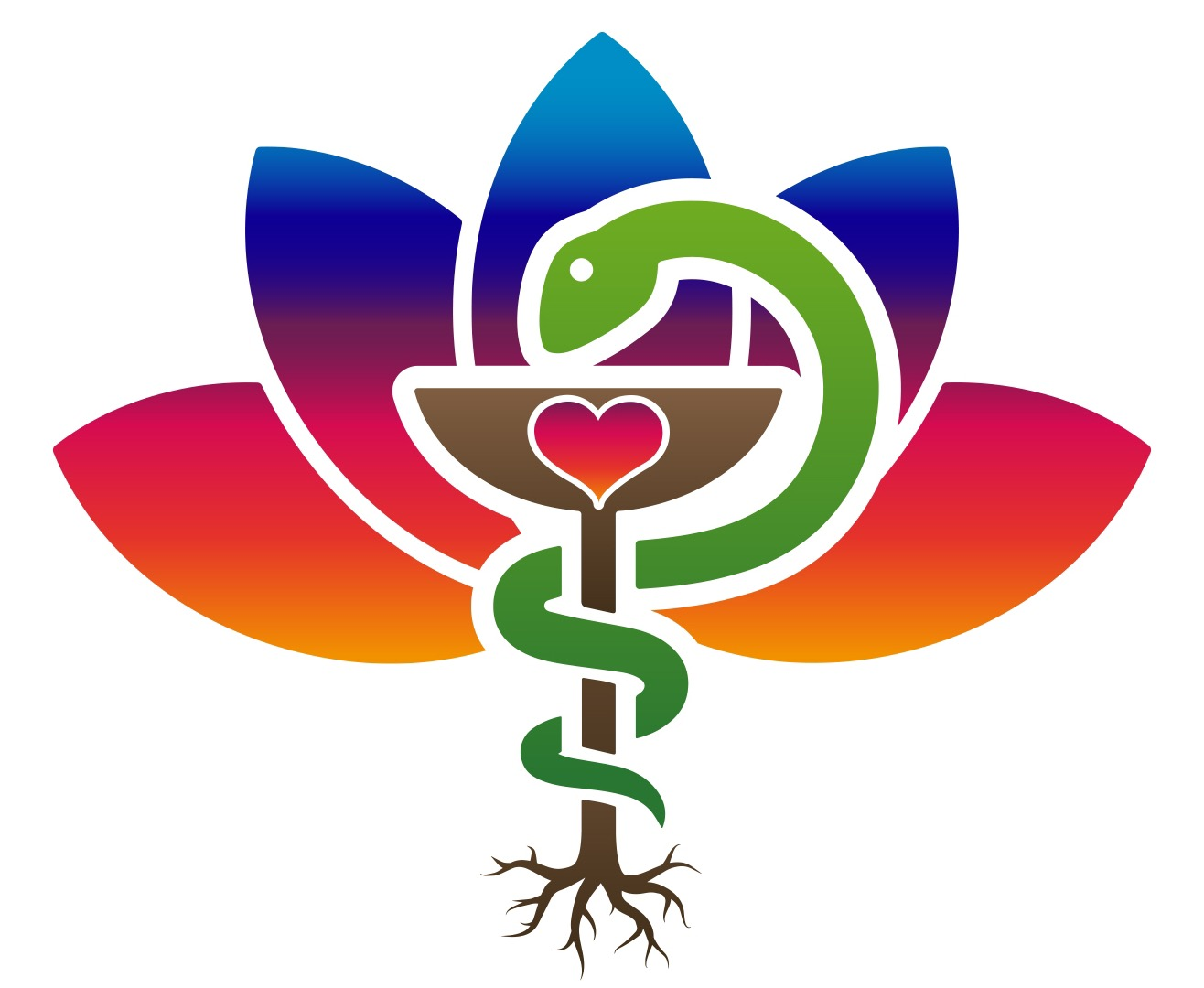Bipolar Disorders, Mood Stabilizers, and Psychedelics
Open Learning
On Demand
20
USD
Online
Description
Serotonergic psychedelics (e.g., MDMA, psilocybin) are thought to carry risks of precipitating, worsening, or unmasking mania in persons with bipolar conditions. For this reason, persons with bipolar conditions have largely been excluded from clinical trials and considered contraindicated from psychedelic use.
However, there is large variability in the severity and reasons for the mania that persons have experienced. Many persons with bipolar II conditions, that have only ever experienced hypomania, or persons that have experienced mania within other substance-induced or medical contexts that have since resolved, may still have a favorable risk – benefit balance for psychedelic therapy.
Today there is ongoing research to test the risk-benefit profile of psilocybin assisted therapy in persons currently experiencing depression with a history of bipolar II disorder. Ketamine has also been successfully used to treat refractory depression in persons with bipolar I and II disorders.
Careful evaluation of a person's history and medication regimen can likely offer several clues in helping gauge the risk and benefit balance of psychedelic use in persons with a history of (hypo)manic symptoms. In this workshop we will:
Describe the spectrum of bipolar conditions as well as other substance and medication induced reasons that a person could experience symptoms of mania
Discuss the neuropharmacologic rationale for why psychedelics may be able to worsen or precipitate occurrences of mania
Review existing medical literature pertaining to psychedelic use in persons with a bipolar disorder
Formulate a set of risk factors and questions to ask persons in interviews when considering psychedelic use in persons with a bipolar disorder
Outline and discuss the drug interaction potential of mood stabilizers and atypical antipsychotics in conjunction with serotonergic psychedelics or ketamine
However, there is large variability in the severity and reasons for the mania that persons have experienced. Many persons with bipolar II conditions, that have only ever experienced hypomania, or persons that have experienced mania within other substance-induced or medical contexts that have since resolved, may still have a favorable risk – benefit balance for psychedelic therapy.
Today there is ongoing research to test the risk-benefit profile of psilocybin assisted therapy in persons currently experiencing depression with a history of bipolar II disorder. Ketamine has also been successfully used to treat refractory depression in persons with bipolar I and II disorders.
Careful evaluation of a person's history and medication regimen can likely offer several clues in helping gauge the risk and benefit balance of psychedelic use in persons with a history of (hypo)manic symptoms. In this workshop we will:
Describe the spectrum of bipolar conditions as well as other substance and medication induced reasons that a person could experience symptoms of mania
Discuss the neuropharmacologic rationale for why psychedelics may be able to worsen or precipitate occurrences of mania
Review existing medical literature pertaining to psychedelic use in persons with a bipolar disorder
Formulate a set of risk factors and questions to ask persons in interviews when considering psychedelic use in persons with a bipolar disorder
Outline and discuss the drug interaction potential of mood stabilizers and atypical antipsychotics in conjunction with serotonergic psychedelics or ketamine
